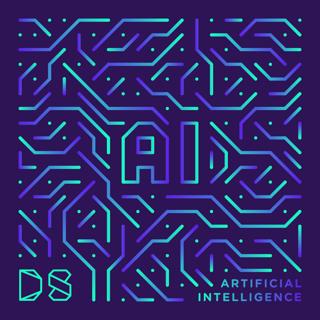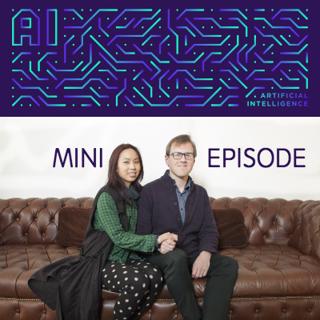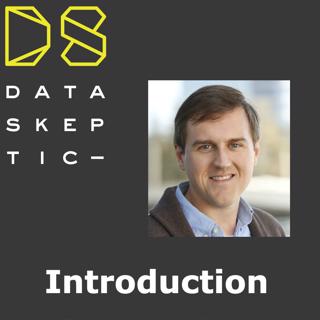
The Experimental Design of Paranormal Claims
In this episode of Data Skeptic, Kyle chats with Jerry Schwarz from the Independent Investigations Group (IIG)'s SF Bay Area chapter about testing claims of the paranormal. The IIG is a volunteer-based organization dedicated to investigating paranormal or extraordinary claim from a scientific viewpoint. The group, headquartered at the Center for Inquiry-Los Angeles in Hollywood, offers a $100,000 prize to anyone who can show, under proper observing conditions, evidence of any paranormal, supernatural, or occult power or event. CHICAGO Tues, May 15, 6pm. Come to our Data Skeptic meetup. CHICAGO Saturday, May 19, 10am. Kyle will be giving a talk at the Chicago AI, Data Science, and Blockchain Conference 2018.
4 Touko 201827min

Winograd Schema Challenge
Our guest this week, Hector Levesque, joins us to discuss an alternative way to measure a machine's intelligence, called Winograd Schemas Challenge. The challenge was proposed as a possible alternative to the Turing test during the 2011 AAAI Spring Symposium. The challenge involves a small reading comprehension test about common sense knowledge.
27 Huhti 201836min

The Imitation Game
This week on Data Skeptic, we begin with a skit to introduce the topic of this show: The Imitation Game. We open with a scene in the distant future. The year is 2027, and a company called Shamony is announcing their new product, Ada, the most advanced artificial intelligence agent. To prove its superiority, the lead scientist announces that it will use the Turing Test that Alan Turing proposed in 1950. During this we introduce Turing's "objections" outlined in his famous paper, "Computing Machinery and Intelligence." Following that, we talk with improv coach Holly Laurent on the art of improvisation and Peter Clark from the Allen Institute for Artificial Intelligence about question and answering algorithms.
20 Huhti 20181h

Eugene Goostman
In this episode, Kyle shares his perspective on the chatbot Eugene Goostman which (some claim) "passed" the Turing Test. As a second topic Kyle also does an intro of the Winograd Schema Challenge.
13 Huhti 201817min

The Theory of Formal Languages
In this episode, Kyle and Linhda discuss the theory of formal languages. Any language can (theoretically) be a formal language. The requirement is that the language can be rigorously described as a set of strings which are considered part of the language. Those strings are any combination of alphabet characters in the given language. Read more
6 Huhti 201823min

The Loebner Prize
The Loebner Prize is a competition in the spirit of the Turing Test. Participants are welcome to submit conversational agent software to be judged by a panel of humans. This episode includes interviews with Charlie Maloney, a judge in the Loebner Prize, and Bruce Wilcox, a winner of the Loebner Prize.
30 Maalis 201833min

Chatbots
In this episode, Kyle chats with Vince from iv.ai and Heather Shapiro who works on the Microsoft Bot Framework. We solicit their advice on building a good chatbot both creatively and technically. Our sponsor today is Warby Parker.
23 Maalis 201827min

The Master Algorithm
In this week's episode, Kyle Polich interviews Pedro Domingos about his book, The Master Algorithm: How the quest for the ultimate learning machine will remake our world. In the book, Domingos describes what machine learning is doing for humanity, how it works and what it could do in the future. He also hints at the possibility of an ultimate learning algorithm, in which the machine uses it will be able to derive all knowledge — past, present, and future.
16 Maalis 201846min





















